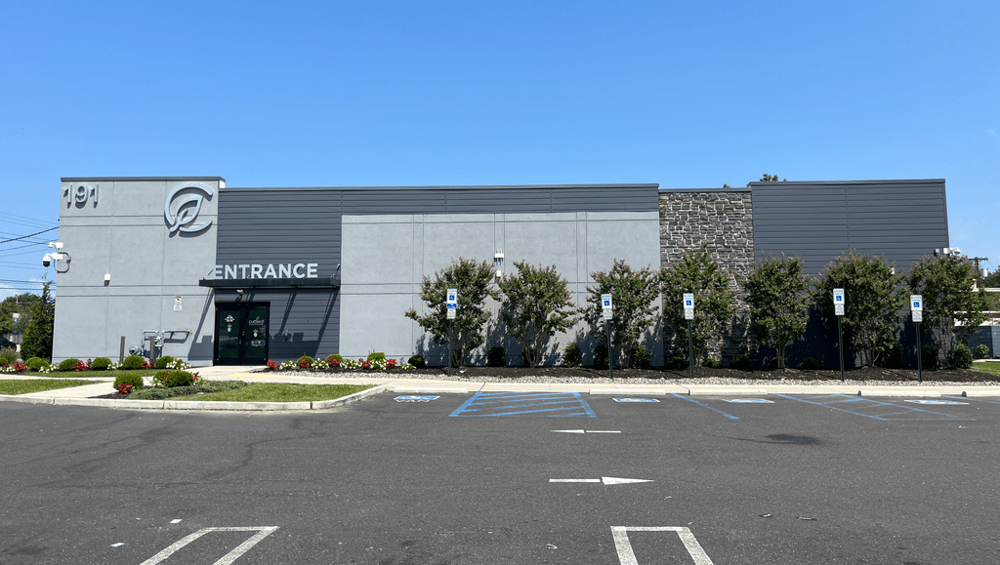Inventory management is one of the cornerstones of a successful retail operation. It involves the delicate balance of maintaining enough stock to meet customer demand while minimizing excess inventory that ties up cash flow. For retailers, efficient inventory management is not just about tracking products; it’s about understanding consumer behavior, market trends, and operational logistics. When comparing traditional retail with the emerging cannabis retail sector, the challenges and solutions share some similarities but diverge in critical ways due to regulatory complexities and unique market dynamics.
Core Challenges of Inventory Management in Retail
- Demand Forecasting
Predicting customer demand is a perennial challenge in all retail sectors. Trends, seasonality, and external factors like economic conditions or cultural shifts can create unexpected spikes or drops in demand. A failure to forecast accurately can lead to stockouts or overstock situations, both of which hurt profitability. - Supply Chain Disruptions
Retailers often face delays or shortages in their supply chain. Global events like the COVID-19 pandemic highlighted the vulnerabilities in supply networks, impacting inventory across various industries. - Technology Integration
Implementing inventory management systems requires a balance between cost and functionality. Many retailers struggle to find systems that seamlessly integrate with their point-of-sale (POS) systems, e-commerce platforms, and warehouses. - Shrinkage and Loss Prevention
Inventory shrinkage, caused by theft, damage, or administrative errors, is another significant issue. Retailers invest heavily in security measures and staff training to mitigate these losses. - Regulatory Compliance
Compliance with laws and standards can add complexity to inventory management, especially in sectors like pharmaceuticals, alcohol, and cannabis, where regulations are stringent.
Cannabis Retail: Unique Challenges
The cannabis industry is one of the fastest-growing sectors globally, but it operates within a complex regulatory framework that significantly impacts inventory management.
- Strict Regulatory Oversight
Cannabis retailers must adhere to rigorous inventory tracking systems. In the U.S., many states require cannabis businesses to use state-mandated seed-to-sale systems, such as METRC, to track every gram of product from cultivation to sale. Failure to comply can result in hefty fines or the loss of licenses. - Product Variety and Complexity
Cannabis inventory includes a wide array of products—flower, edibles, tinctures, concentrates, and topicals. Each category has varying shelf lives and storage requirements. For instance, edibles and concentrates may require temperature-controlled environments, adding layers to inventory management. - Unpredictable Market Dynamics
The cannabis market is relatively young and volatile. Trends can shift rapidly, and consumer preferences vary widely. Additionally, state-by-state legalization creates fragmented markets, making it challenging for multi-state operators (MSOs) to standardize inventory practices. - Limited Banking and Payment Options
Due to federal restrictions in the U.S., many cannabis businesses operate in cash-heavy environments, complicating the reconciliation of inventory with financial systems. This limitation also affects procurement and supplier relationships. - Shrinkage and Security Risks
Cannabis inventory is particularly vulnerable to theft, given the high value of the product. Retailers must invest heavily in security systems and protocols to safeguard their inventory.
Similarities Between General Retail and Cannabis Retail
- Customer Demand Drives Stock Levels
Both sectors require a strong understanding of customer behavior to maintain appropriate stock levels. For example, during holiday seasons or special events, demand spikes in both industries. - Supply Chain Management
Reliable supplier relationships and efficient logistics are critical in both general and cannabis retail. Delays or inconsistencies can disrupt operations and hurt profitability. - Technology as a Backbone
Inventory management systems, barcode scanning, and POS systems are essential in tracking products and sales. Both industries benefit from advancements in inventory technology, such as AI and real-time tracking. - Loss Prevention Strategies
Shrinkage is a concern across all retail sectors, and both cannabis and general retailers employ robust measures to prevent losses.
Key Differences Between General and Cannabis Retail
| Aspect | General Retail | Cannabis Retail |
|---|---|---|
| Regulatory Compliance | Minimal (except for specific industries) | Highly regulated, with seed-to-sale tracking required. |
| Product Shelf Life | Longer for most goods | Shorter, especially for flower and perishables. |
| Payment Options | Flexible (cash, credit, digital) | Limited to cash and select digital options due to banking restrictions. |
| Market Stability | Relatively stable | Highly volatile and dependent on state-specific laws. |
| Security Needs | Standard | Enhanced, with strict protocols and high-tech solutions. |
Best Practices for Cannabis Retailers
- Invest in Seed-to-Sale Technology
Compliance and efficiency go hand in hand with advanced inventory systems tailored to cannabis businesses. - Adopt Data-Driven Forecasting
Leverage historical sales data and market trends to predict demand accurately. - Streamline Supply Chains
Establish relationships with reliable suppliers and distributors to mitigate disruptions. - Implement Robust Security Measures
Ensure secure storage and transit of inventory with surveillance systems and trained personnel. - Stay Ahead of Compliance Changes
Regularly update inventory systems to align with evolving state and federal regulations.
Inventory management is both an art and a science, and in the retail industry, it can make or break a business. While general retail has its complexities, cannabis retail adds a unique layer of challenges due to its highly regulated environment and market unpredictability. By leveraging technology, staying compliant, and adopting best practices, retailers in both sectors can navigate these challenges and thrive in their respective markets. As the cannabis industry continues to mature, inventory management will remain a critical area for innovation and competitive advantage.







